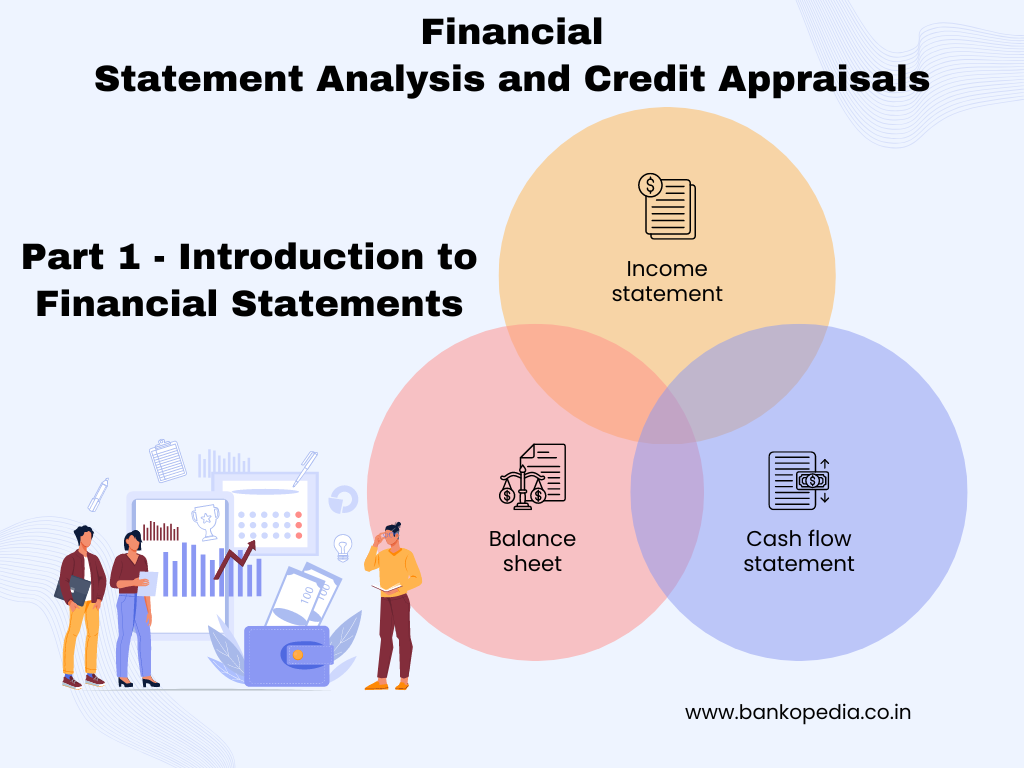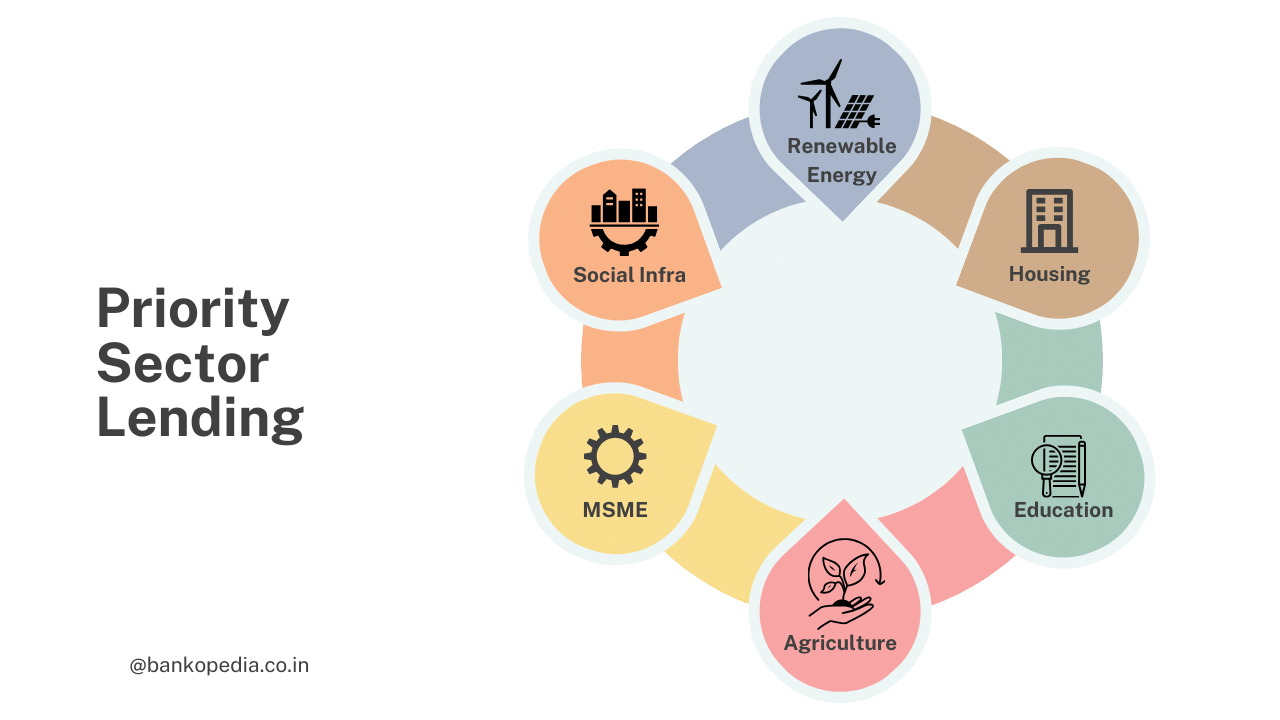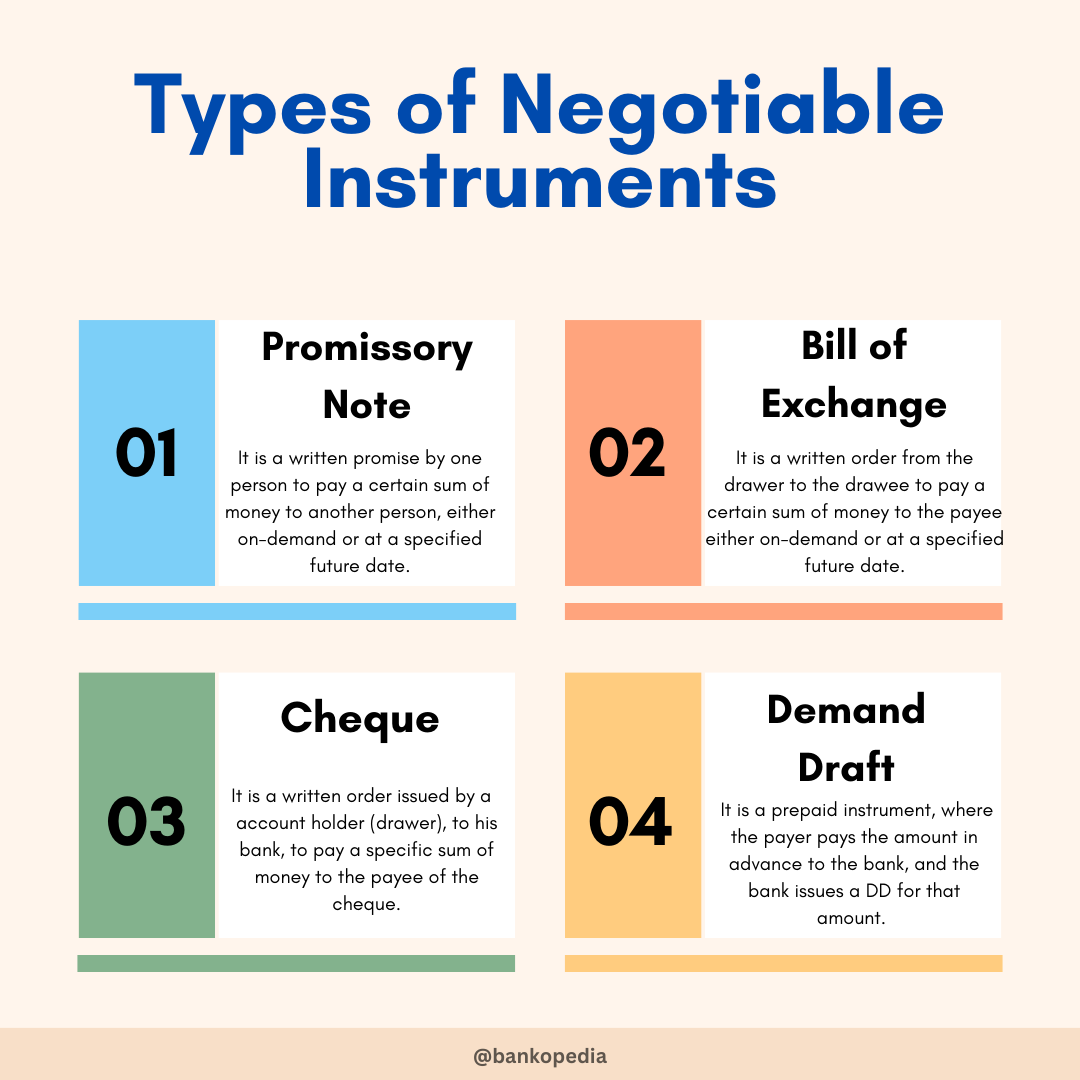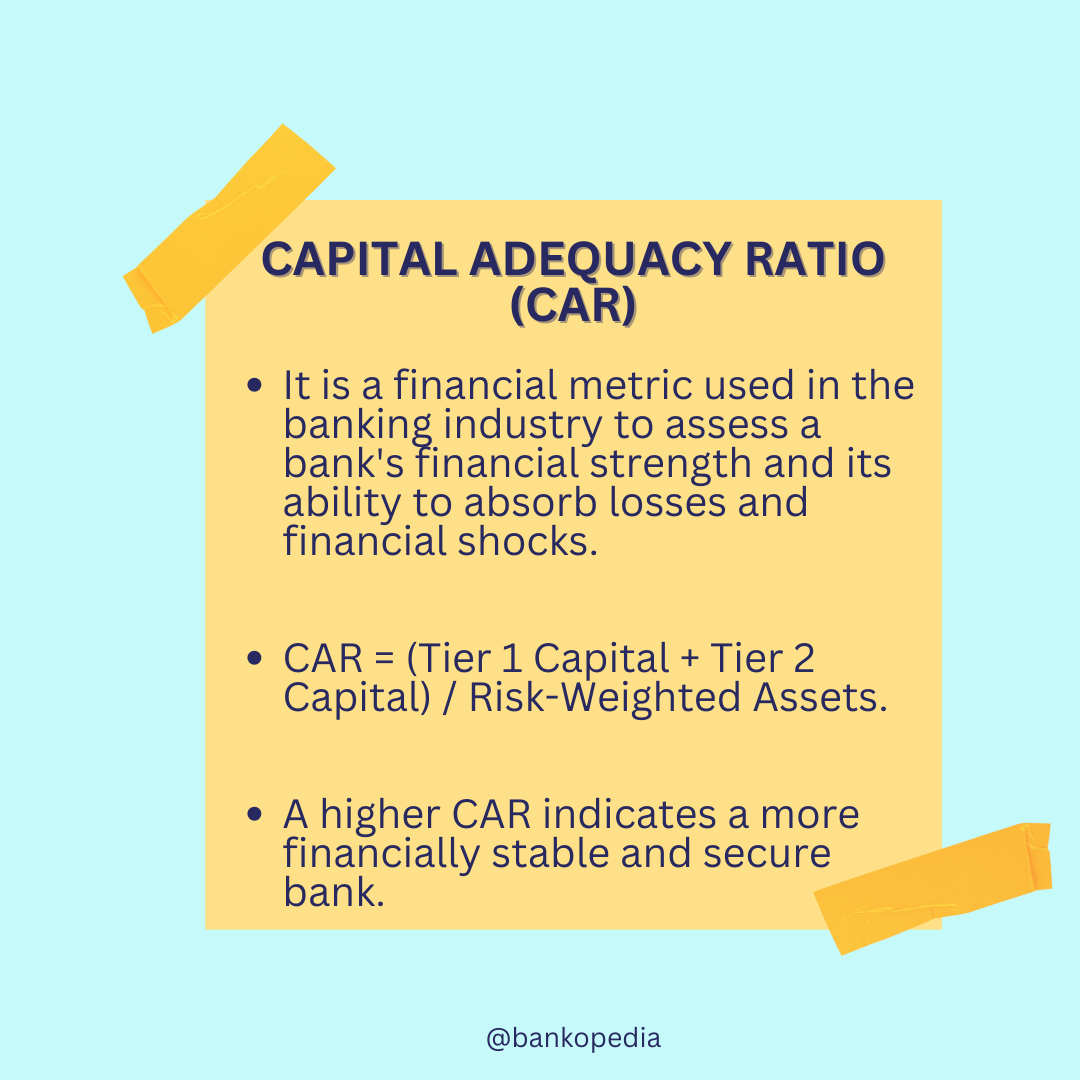Welcome to Daily Banking Digest, your premier source for the latest news and insights on April 12, 2024, focusing on banking, the economy, and finance. Our platform offers a comprehensive overview of the day’s most critical financial stories, market trends, and economic developments. Whether you’re a professional in the financial sector, an investor monitoring market movement, or someone interested in staying informed about the economic landscape, Daily Banking Digest provides reliable, up-to-date information.
Join our Telegram Channel for Daily PDF in your Inbox – Click Here
Table of Contents
ADB Projects India’s GDP Growth to Reach 7% in FY25
The Asian Development Bank (ADB) projects India’s economy to grow at 7% in FY25, driven by investment demand and rural improvement. The growth rate for FY24 is estimated at 7.6%. Despite moderating in the following years, the economy is expected to maintain robust growth.
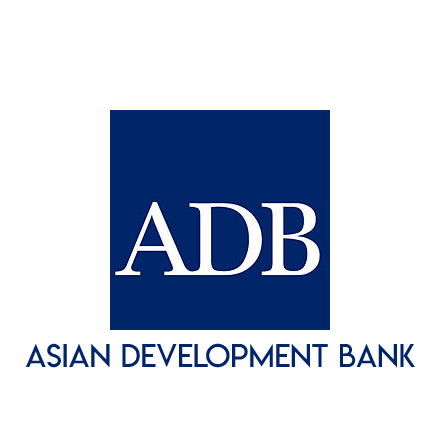
Key Points:
Growth Projections: – FY25 growth rate: 7% – FY24 growth rate: 7.6%
Drivers of Growth: – Public and private sector investment demand – Gradual improvement in consumer demand – Rural economy improvement
Exports and Monetary Policy: – Exports to remain muted in FY24 due to slowing advanced economies – Monetary policy to remain supportive of growth – Fiscal policy aims for consolidation while supporting capital investment.
Inflation Outlook: – Food inflation to moderate to 5.7% in FY24 – Core inflation to decline to 3.8% in FY24 – Inflation outlook aided by moderation in global inflation and stable oil market
Indian Multinationals Shed Cotton Amidst Global Price Slump Due to Subdued Demand
Due to declining global demand and improved crop prospects, multinational traders in India are offloading their cotton stocks. International cotton futures prices have fallen by 17-18%, leading to a decrease in domestic prices by 8-9%. Despite ample stocks, demand remains weak, with mills purchasing only as needed. Farmers may be holding back cotton in anticipation of higher prices.

Key Points
1. Declining Global Demand and Crop Prospects – Cotton futures on ICE have eased due to muted global demand and better crop prospects in countries like Australia.
2. Offloading of Stocks by Multinational Traders – Multinational traders are selling their cotton stocks in response to the decline in ICE futures and low demand.
3. Weakening Domestic Prices – Domestic cotton prices have fallen by 8-9% from recent highs, following the trend in international prices.
4. Slow Demand and Cautious Buyers – Demand for cotton is weak, with buyers purchasing only as needed due to limited yarn demand and lack of price parity for exports.
5. Ample Stocks and Slow Arrivals – There are sufficient cotton stocks with CCI, ginners, and traders, despite a slowdown in market arrivals.
6. Farmers Holding Back Cotton – Farmers may be holding back cotton in anticipation of better prices, as arrivals have become negligible.
7. Revised Crop Production Estimates – The Committee on Cotton Production and Consumption has raised its crop production estimates for the 2023-24 season to 323.11 lakh bales.
Wheat Procurement Surges by 41%, Reaching 1.5 Million Tonnes
The Food Corporation of India (FCI) has procured 1.44 million tonnes of wheat for the Centre’s buffer stocks, a 41% increase from the previous year. The government aims to procure 37.29 million tonnes, but officials estimate a more realistic target of 31-32 million tonnes. Madhya Pradesh has contributed the most to the procurement, with 1.29 million tonnes purchased.
Key Points:
Procurement Progress: – FCI has procured 1.44 million tonnes of wheat, 41% higher than last year. – Procurement began on March 13, starting from Rajasthan. – The government aims to procure 37.29 million tonnes, but officials estimate a more realistic target of 31-32 million tonnes.
Production and Procurement Percentage: – Agriculture Ministry estimates wheat production at a record 112.02 million tonnes for 2023-24. – The percentage of procurement against arrival this year is 54%, compared to 39% last year.
State-wise Procurement: – Madhya Pradesh has procured 1.29 million tonnes, 30% more than last year. – Rajasthan has procured 31,956 tonnes out of 0.24 million tonnes arrival. – Uttar Pradesh has purchased 38,891 tonnes, compared to 6,907 tonnes last year. – Haryana has procured 83,203 tonnes, against 23,191 tonnes last year. – Punjab’s procurement is expected to gain momentum after April 13.
Government Estimates and Industry Projections: – The Centre estimates to buy 13 million tonnes of wheat from Punjab, 8 million tonnes each from Haryana and Madhya Pradesh, 6 million tonnes from Uttar Pradesh, and 2 million tonnes from Rajasthan. – Industry officials estimate the current year’s procurement to rise 30% from last year’s 26.2 million tonnes.
RBI Rejects Annapurna Finance’s Universal Bank License Application Amid Bandhan Bank Concerns
The Reserve Bank of India (RBI) has denied Annapurna Finance Limited’s application for a universal bank license, citing concerns about its heavy reliance on microfinance loans. Annapurna Finance has declined the RBI’s alternative offer to become a small finance bank.
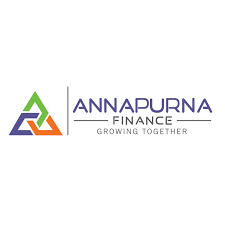
Key Points:
RBI’s Decision: – RBI declined Annapurna Finance’s application for a universal bank license. – RBI expressed hesitation due to Annapurna Finance’s focus on microfinance loans.
Annapurna Finance’s Response: – Annapurna Finance declined the RBI’s offer to become a small finance bank. – The company believes a universal bank license would allow for greater business opportunities.
RBI’s Concerns: – Bandhan Bank’s experience with a high proportion of microfinance loans raised concerns about Annapurna Finance’s ability to diversify its loan book. – Annapurna Finance’s MFI loan exposure stood at 87% as of December 31, 2023.
Geographical Presence: – Annapurna Finance’s loans originate from various states, with Odisha, Bihar, and Madhya Pradesh being strong markets outside its home state.
Suryoday Small Finance Bank Welcomes Deepak Kumar Sharma as Additional Director

Suryoday Small Finance Bank has appointed Deepak Kumar Sharma as an Independent Additional Director to its Board, effective April 11, 2024. Sharma brings nearly three decades of experience in banking, telecom, and service sectors, including over 20 years in leadership roles within the banking industry.
Key Points:
- Appointment:
- Deepak Kumar Sharma appointed as Additional Director (Independent) to Suryoday Small Finance Bank’s Board
- Effective from April 11, 2024
- For a period of five consecutive years
- Background:
- Proven track record in building successful ventures in banking, telecom, and service sectors
- Over 20 years of experience in banking leadership positions
- Previous Role:
- Worked at Kotak Mahindra Bank for over 15 years (until October 2023)
- Involved in building Priority/HNI Banking, NRI Banking, and Forex business
- Instrumental in starting and scaling digital initiatives at Kotak
- Served as President & Chief Digital Officer for over 5 years
HDFC Pioneers Private Banking in Lakshadweep
HDFC Bank has established a branch in Kavaratti Island, Lakshadweep, becoming the first private sector bank to operate in the Union Territory. The branch aims to enhance banking infrastructure by providing personal and digital banking services, including QR-based transactions. HDFC Bank’s extensive network now spans from Kashmir to Kanyakumari and Lakshadweep, demonstrating its commitment to serving customers in diverse locations.
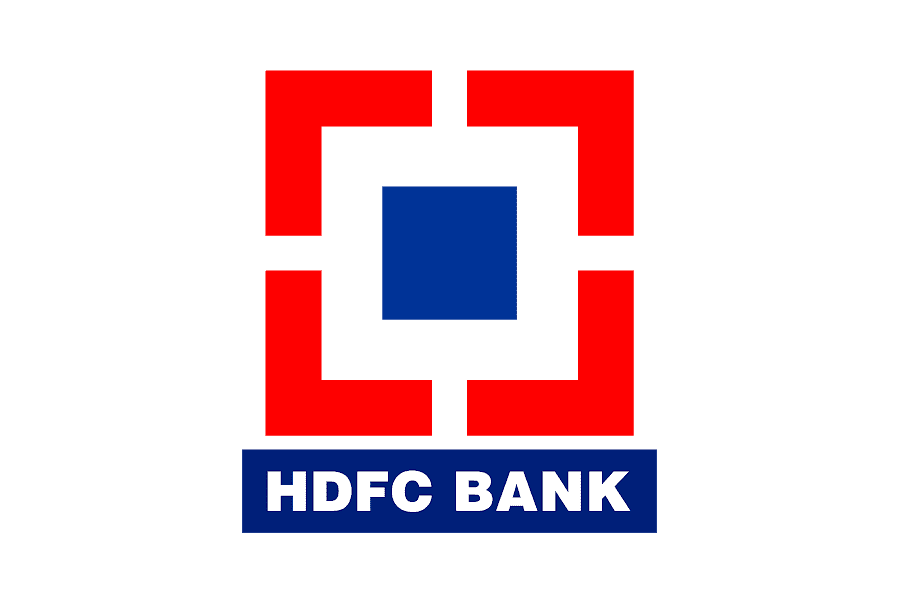
Key Points:
- Branch Opening: HDFC Bank opens a branch in Kavaratti Island, Lakshadweep, the first private sector bank to do so.
- Services Offered: The branch provides personal banking, digital banking, and customized digital solutions, including QR-based transactions.
- Network Expansion: HDFC Bank’s branch network now includes Kashmir, Kanyakumari, and Lakshadweep, showcasing its commitment to serving customers in various regions.
- Distribution Network: As of December 2023, HDFC Bank has 8,091 branches and 20,688 ATMs across India, with a significant presence in semi-urban and rural areas.
- Business Correspondents: HDFC Bank has 15,053 business correspondents, primarily operated by Common Service Centres (CSCs).
India’s Highway Construction Strategy Overhaul: New Measurement Approach Unveiled
India is considering switching from measuring highway construction in “road km” to “lane km” to better reflect the focus on building expressways and roads with multiple lanes. This change will also facilitate comparisons with previous data, which will be converted to lane km. The current method of measuring construction progress based on linear length is becoming less relevant as the emphasis shifts towards high-speed roads and expressways.
Key Points:
- New Measurement Method: India plans to adopt “lane km” as the measurement method for highway construction.
- Reason for Change: The shift is driven by the focus on building expressways and roads with at least four lanes.
- Conversion of Past Data: Construction details from earlier years will be converted to lane km for easier comparison.
- Current Measurement Method: The current method measures construction progress and NH widening based on linear length, treating single-lane and six-lane roads equally.
- Relevance of Current Method: The current norms may lose relevance as the focus shifts towards high-speed roads and expressways.
- Railway Measurement: Railways also measure track laying and electrification in terms of route km.
- Dwarka Expressway Controversy: The CAG report highlighted the high civil construction cost of the Dwarka expressway, which was attributed to the inclusion of elevated and underground structures, resulting in a total lane km of 563.
- Latest Construction Data: In 2023-24, national highway construction and widening reached 12,349 km, with 42% (5,193 km) being more than four lanes.
Tobacco Companies Granted Temporary Relief: Monthly Returns to be Filed Through Special Procedure Until May 15
The government has extended the deadline for implementing a new registration and monthly return filing procedure for manufacturers of pan masala, gutkha, and similar tobacco products to May 15. The original deadline was April 1, 2024. The move aims to improve GST compliance for these businesses.
Key Points:
- Extended Deadline: The deadline for implementing the new procedure has been extended to May 15.
- New Registration and Return Filing Procedure: The new procedure includes registering packing machinery and filing a special return (GST SRM-II) by the 10th of the succeeding month.
- Penalty for Non-Registration: Manufacturers who fail to register their packing machinery will face a penalty of up to Rs 1 lakh (yet to be notified).
- Applicable Products: The procedure applies to manufacturers of pan masala, unmanufactured tobacco, hookah tobacco, smoking mixtures, chewing tobacco, filter khaini, jarda scented tobacco, snuff, and branded or unbranded gutkha.
- GST Network Delay: The GST Network has not yet issued any advisory or released new filing utilities, leading to the delay in implementation.
- Industry Challenges: The industry faces challenges in implementing the new scheme mid-year, as it would have been smoother if implemented at the start of a new financial year.
- GST Council Recommendation: The GST Council approved a report recommending a change in the levy of compensation cess on pan masala and chewing tobacco to boost revenue collection.
Income Tax Department’s Interim Plan for FY25: Prioritizing TDS and Appeals Management
The Income Tax Department has released an interim action plan for 2024-25, focusing on improving tax administration efficiency. The plan includes measures to expedite appeals processing, identify cases of TDS short-payment, and release seized assets. It also aims to enhance taxpayer grievance redressal and streamline refund approvals.
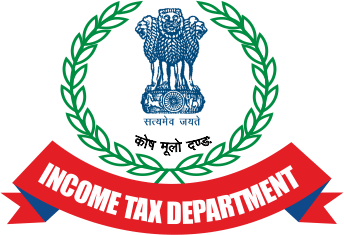
Key Points:
1. Focus Areas: – Identifying cases of TDS short-payment – Expediting appeals processing – Releasing seized assets – Prioritizing appeals filed before and after April 1, 2020 – Finalizing compounding proposals pending as of March 31, 2024
2. Taxpayer Grievance Redressal: – Addressing grievances through e-Nivaran and CPGRAM platforms
3. Refund Approvals: – Taxpayers required to file applications for pending refunds – Proactive approach to expedite refund process
4. Nil/Lower TDS or TCS Certificates: – Resolution of applications within a month of receipt from April 1, 2024
5. Audit Objection Resolutions: – Prioritization of major and minor objection settlements by June 30, 2024
6. Revenue Generation and Compliance Culture: – Proactive measures to enhance revenue generation – Fostering an environment conducive to ease of compliance
7. Fiscal Management: – Focus on tax collections, dispute resolution, and data updating – Aim to maintain business as usual and ensure adherence to tax collection targets
Global Economic Storm Brewing: Uday Kotak Raises Alarm on China’s Implosion
Uday Kotak, founder of Kotak Mahindra Bank, warns of potential global economic turbulence due to higher-than-expected US inflation, which may delay Fed rate cuts and keep interest rates elevated worldwide, including in India. China’s economic struggles add to the uncertainty.
Key Points:
- US Inflation: Higher-than-expected US inflation may postpone Fed rate cuts, keeping interest rates elevated globally.
- China’s Economy: China’s economic struggles are a wildcard that could contribute to global turbulence.
- Brent Crude: Brent crude prices have surged to $90, adding to inflationary pressures.
- US Central Bank: US central bank officials believe it’s not yet appropriate to lower interest rates, waiting for inflation to stabilize.
- Indian Interest Rates: The Reserve Bank of India has kept interest rates unchanged, citing growth risks.
- Morgan Stanley Forecast: Morgan Stanley has increased its forecast for Brent crude oil prices in the third quarter to $94 per barrel due to geopolitical risks.
Warburg Pincus Invests in Chennai-Based Appasamy Associates
Warburg Pincus, a global investment firm, has acquired a stake in Appasamy Associates, India’s leading manufacturer of ophthalmic equipment and devices. The acquisition will provide Appasamy with access to Warburg Pincus’ global network and expertise, supporting its growth in the Indian and international markets.

Key Points:
Acquisition: – Warburg Pincus has acquired a stake in Appasamy Associates.
Company Profile: – Appasamy is the largest Indian manufacturer of ophthalmic equipment and intraocular lenses (IOLs). – It operates across the entire value chain of ophthalmic devices, including diagnostic, surgical equipment, and IOLs.
Valuation and Stake: – Promoters of Appasamy expect a valuation of Rs3000-3200 crore. – Warburg plans to acquire about 60-70% stake.
Management: – Appasamy will continue to be led by CEO Senthil Kumar. – The business will be run by the current management in partnership with Warburg Pincus.
Market Position: – Appasamy is the market leader in India with a 75% market share. – India is one of the largest eye care markets by volume, with over 6.5 million cataract surgeries performed annually.
Growth Potential: – The Indian government plans to increase the number of cataract surgeries to 27 million in the next three years. – Appasamy is well-positioned to capitalize on this growth opportunity.
Warburg Pincus’ Healthcare Investments: – Warburg Pincus has a track record of investing in the Indian healthcare sector, including Meril Life Sciences, MedPlus, Laurus Labs, and Metropolis Healthcare.
IFCI MD Appointed as SIDBI Head, Sanjay Shukla to Lead NHB
The Financial Services Institutions Bureau (FSIB) has recommended Manoj Mittal as the Chairman and Managing Director of SIDBI and Sanjay Shukla as the Managing Director of NHB. The recommendations were made after interviewing multiple candidates and considering their performance, experience, and relevant parameters. The final decision on these appointments will be made by the Appointments Committee of the Cabinet.
Key Points:
FSIB Recommendations:
- Manoj Mittal recommended as SIDBI Chairman and Managing Director
- Sanjay Shukla recommended as NHB Managing Director
Interview Process:
- FSIB interviewed 21 candidates for SIDBI and 16 candidates for NHB
- Interviews conducted on April 9 and 10
Manoj Mittal’s Background:
- Former Deputy Managing Director at SIDBI (2016-2021)
- Involved in developing and implementing SIDBI Vision 2.0
SIDBI’s Role:
- Principal financial institution for promoting and financing MSMEs
- Established in 1990 under an Act of Parliament
Sanjay Shukla’s Background:
- Currently working at Centrum Housing Finance
- Previous experience in LIC Housing Finance and other private sector organizations
NHB’s Role:
- Promotes a sound and cost-effective housing finance system
- Supervises the housing finance sector
- Established in 1988
Decision-Making Process:
- Final decision on appointments will be made by the Appointments Committee of the Cabinet headed by Prime Minister Narendra Modi
FSIB Leadership:
- Headed by former DoPT Secretary Bhanu Pratap Sharma
- Other members include Animesh Chauhan, Deepak Singhal, and Shailendra Bhandari
Indian Startup Funding Surges in Q1 2024, VC Investments Witness Significant Growth
Venture capital and private equity funding for Indian startups is showing signs of revival after a period of decline. Large funds are returning to the market, and investments in the first quarter of 2024 have doubled compared to the previous quarter. While funding is still lower than a year ago, the quality of financiers and ticket sizes are increasing. Late-stage investments are also seeing a resurgence, with investors conducting more stringent due diligence and focusing on startups with established traction and profitability.
Key Points:
Funding Revival: – Venture capital and private equity funding for Indian startups is showing signs of revival. – Large funds are returning to the market, including Softbank and Tiger Global.
Increased Investments: – VC investments in Indian startups crossed $2 billion in the first quarter of 2024, double the investments seen in the December quarter.
Improved Quality of Financiers: – The quality of financiers is increasing, with more established and reputable funds investing in Indian startups.
Larger Ticket Sizes: – Ticket sizes are increasing, with several startups raising over $100 million in recent months.
Late-Stage Investments: – Late-stage investments are seeing a resurgence, with investors focusing on startups with established traction and profitability.
Stringent Due Diligence: – Investors are conducting more stringent due diligence before investing, drilling deeper into financials and business models.
Longer Deal Gestation: – Deal gestation periods are elongating, as investors take more time to evaluate startups before making a decision.
Extension Granted to Pan Masala and Gutkha Companies for Registration and Return Filing Procedures
The Central Board of Indirect Taxes & Customs has extended the deadline for manufacturers of pan masala, gutkha, and similar tobacco products to implement a special registration and monthly return filing procedure. The new mechanism aims to prevent revenue leakage under GST. The deadline has been extended from April 1 to May 15, 2024.
Key Points:
Extension of Deadline: – Deadline extended to May 15, 2024, for implementing special procedure.
Penalty Provision: – Manufacturers failing to register packing machinery may face a penalty of up to ₹1 lakh.
GST Council Directive: – Procedure based on GST Council recommendation to curb tax evasion.
Applicable Products: – Pan masala, unmanufactured tobacco, hookah tobacco, smoking mixtures, chewing tobacco, filter khaini, jarda scented tobacco, snuff, and branded or unbranded gutkha.
Registration of Packing Machines: – Manufacturers must furnish details of packing machines within 30 days of May 15, 2024. – Details of additional machines must be provided within 24 hours of installation.
Special Monthly Returns: – Special statement to be submitted by the 10th day of each month.
Definition of “Brand Name”: – Includes registered or unregistered brand names, symbols, monograms, labels, signatures, or invented words.
Track and Trace Method: – Procedure based on suggestions to curb tax evasion through electronic means. – Manufacturers must register each machine and disclose its make, year of production, number of tracks, and capacity.
Banks Request Adjustable Reserve Requirements Amid RBI’s Risk Assessment
Banks in India are requesting flexibility from the Reserve Bank of India (RBI) regarding the maintenance of the Cash Reserve Ratio (CRR) as the RBI assesses banks’ preparedness for potential deposit outflows in the era of 24×7 banking transactions. Banks propose that the compulsory portion of funds set aside for CRR be eligible as High Quality Liquid Assets (HQLA) for computing Liquidity Coverage Ratio (LCR), providing them with more flexibility to meet increased LCR requirements.
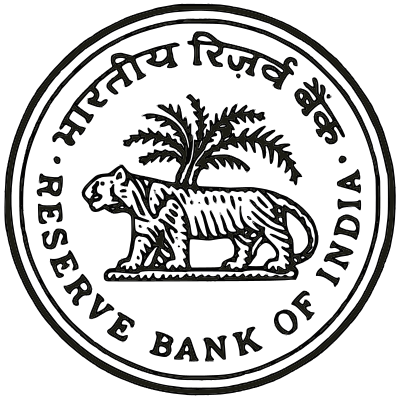
Key Points:
CRR and LCR: – Banks are mandated to maintain a portion of their deposits for CRR (4.5%) and Statutory Liquidity Ratio (SLR) (18%). – LCR requires banks to maintain HQLA sufficient to meet 30 days of net outflows under stress conditions.
Banks’ Request: – Banks request the RBI to allow the compulsory portion of CRR funds to be eligible as HQLA for LCR computation.
RBI’s Assessment: – The RBI is assessing banks’ preparedness for sudden deposit outflows, especially after events that affected US regional banks last year. – The RBI may modify the LCR framework to enhance liquidity risk management.
Outflow Factor: – The RBI may increase the outflow factor for insured and uninsured deposits, requiring banks to set aside more funds for HQLA to meet LCR requirements.
24×7 Banking Transactions: – The volume and value of NEFT and RTGS transactions have grown significantly, increasing the potential for rapid deposit withdrawals. – The NEFT and RTGS systems now operate 24×7, facilitating instant banking transactions.

